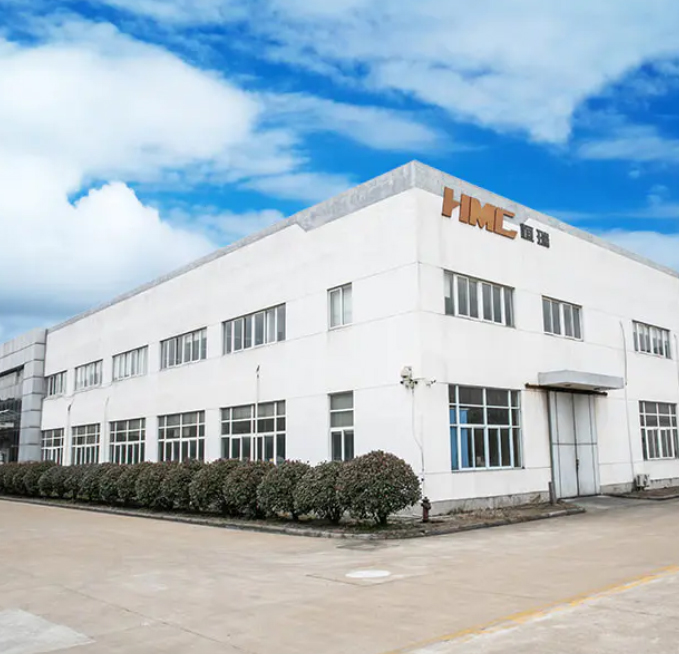What are the types of cleaning equipment, what are their respective characteristics and application scenarios?
There are various types of cleaning equipment available, each designed for specific cleaning tasks and environments. Here are some common types of cleaning equipment, along with their characteristics and typical application scenarios:
Vacuum Cleaner:
Characteristics: Motor-driven suction device with attachments for different surfaces.
Application Scenarios: Suitable for cleaning floors, carpets, upholstery, and hard-to-reach areas. Ideal for removing dust, dirt, and debris.
Pressure Washer:
Characteristics: Uses high-pressure water spray to clean surfaces.
Application Scenarios: Suitable for outdoor cleaning tasks, such as decks, driveways, siding, and vehicles. Effective for removing stubborn dirt, mold, and grime.
Carpet Cleaner/Extractor:
Characteristics: Machine that sprays water and cleaning solution onto carpets and extracts dirty water.
Application Scenarios: Specifically designed for deep cleaning and removing stains from carpets and upholstery.
Steam Cleaner:
Characteristics: Uses steam to sanitize and clean surfaces.
Application Scenarios: Effective for removing grease, stains, and dirt from a variety of surfaces, including tiles, grout, ovens, and upholstery. Suitable for areas where chemical cleaners may not be desired.
Scrubbing Machine/Scrubber Dryer:
Characteristics: Battery-powered or corded machines with rotating brushes or pads for scrubbing and drying floors.
Application Scenarios: Ideal for large surface areas, such as commercial spaces or warehouses, where efficient floor cleaning and drying is required.
How to evaluate and compare the efficiency and effectiveness of cleaning equipment?
When evaluating and comparing the efficiency and effectiveness of cleaning equipment, you can consider the following factors:
Cleaning Performance: Assess how well the equipment cleans the targeted surfaces. Look for equipment that effectively removes dirt, stains, grime, and other contaminants without causing damage or leaving residue behind.
Time and Labor Efficiency: Evaluate how quickly and easily the equipment completes cleaning tasks. Consider factors such as speed, maneuverability, and ease of use. Equipment that reduces cleaning time and requires minimal physical effort can enhance efficiency.
Versatility: Consider whether the equipment is suitable for a wide range of cleaning applications or specific tasks. Versatile equipment that can handle different surfaces, materials, and cleaning requirements can be more cost-effective.
Durability and Reliability: Assess the build quality, materials used, and reputation of the manufacturer to determine the durability and reliability of the equipment. Equipment that is built to last and requires minimal maintenance and repairs will be more efficient in the long run.
Energy and Resource Consumption: Evaluate the energy efficiency of the equipment, such as power usage for electric models or fuel consumption for gasoline-powered equipment. Additionally, consider resource consumption, such as water usage or the need for cleaning agents, and opt for equipment that minimizes waste.
Safety Features: Look for equipment that includes safety features, such as automatic shut-off, anti-tip mechanisms, or ergonomic designs. Safety considerations contribute to the efficiency of the cleaning process by reducing the risk of accidents and injuries.
User Feedback and Reviews: Read reviews and gather feedback from users who have experience with the equipment you are evaluating. Real-world experiences and opinions can provide valuable insights into the efficiency and effectiveness of the equipment.
Cost and Return on Investment: Consider the initial purchase cost, maintenance requirements, and any additional expenses, such as accessories or consumables. Evaluate the long-term value and potential return on investment based on the equipment's efficiency, durability, and effectiveness.
 0
0
 English
English 中文简体
中文简体


















